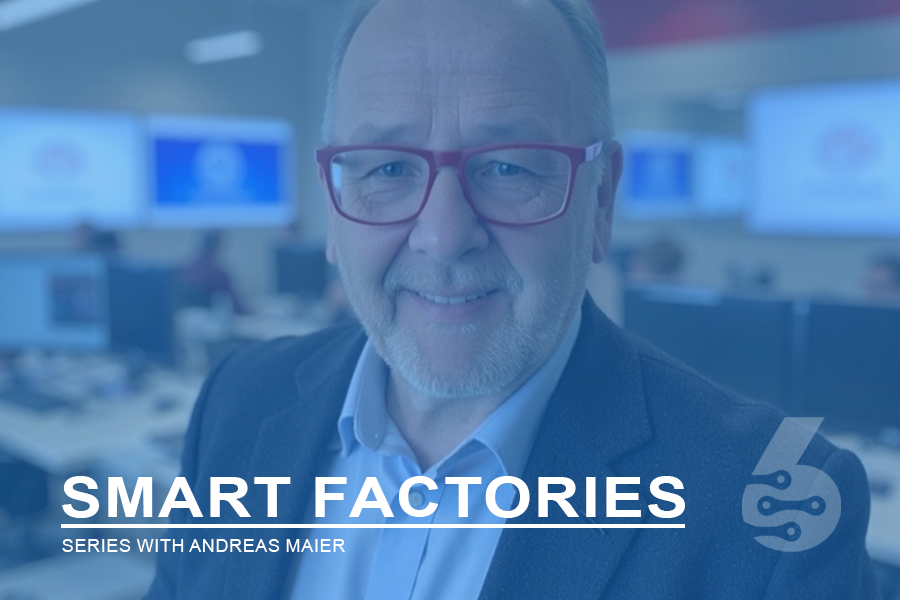Work order cost is the value of material, labor, outsourcing, and burden that went into the production of the work order. This includes all direct and indirect costs associated with producing the work order. Indirect costs may include overhead expenses such as utilities, rent, and insurance. The total cost of a work order can be divided into three categories:
- Direct costs,
- Indirect costs, and
- Overhead costs.
Direct costs are those costs that can be directly attributed to the production of the work order. These costs include materials, labor, and any outsourced services.
Indirect costs are not directly attributable to the production of the work order but are necessary for the overall operation of the business. These costs include overhead expenses such as utilities, rent, and insurance.
Overhead costs are not directly related to the production of the work order but are necessary for the overall operation of the business. These costs include administrative expenses such as marketing, accounting, and human resources.

Related Blog Articles

MTO and MTS in Manufacturing
In manufacturing there are two core ways to plan and run production. The first is Make-to-Order (MTO). The second is Make-to-Stock (MTS). They are not enemies. They are tools for different situations. Some companies lean mostly on one model. Most successful companies combine both and switch between them as demand changes. In many cases parts of a product are made for stock, while the final steps are finished only after...
Implementing ERPs in manufacturing companies - Tips and Considerations
Are you considering implementing an ERP in your manufacturing company? It's a big decision, and there's much to consider. But don't worry - we're here to help. This blog post will share tips and tricks for making the most of your ERP implementation. Whether you're just starting or you've been working with ERPs for years, we hope you'll find these tips helpful. So let's get started!
Smart Factories for Smart Snacks: How SIX ERP Transforms Food Production
As the CEO and mastermind behind our ERP implementations, I’ve seen firsthand how manufacturing is evolving. It’s no longer just about efficiency - it’s about intelligence, adaptability, and staying ahead of the curve. At SIX ERP, we don’t just implement software; we engineer smart, scalable solutions that transform production lines into data-driven, automated ecosystems.One of our most exciting challenges? Equipping a new potato chips factory with a fully automated, sensor-driven...Want to see SIX for yourself?
Need help, have questions or want to get a free demo?
Please read our Privacy Policy on how we process personal data. We will never share your data!



